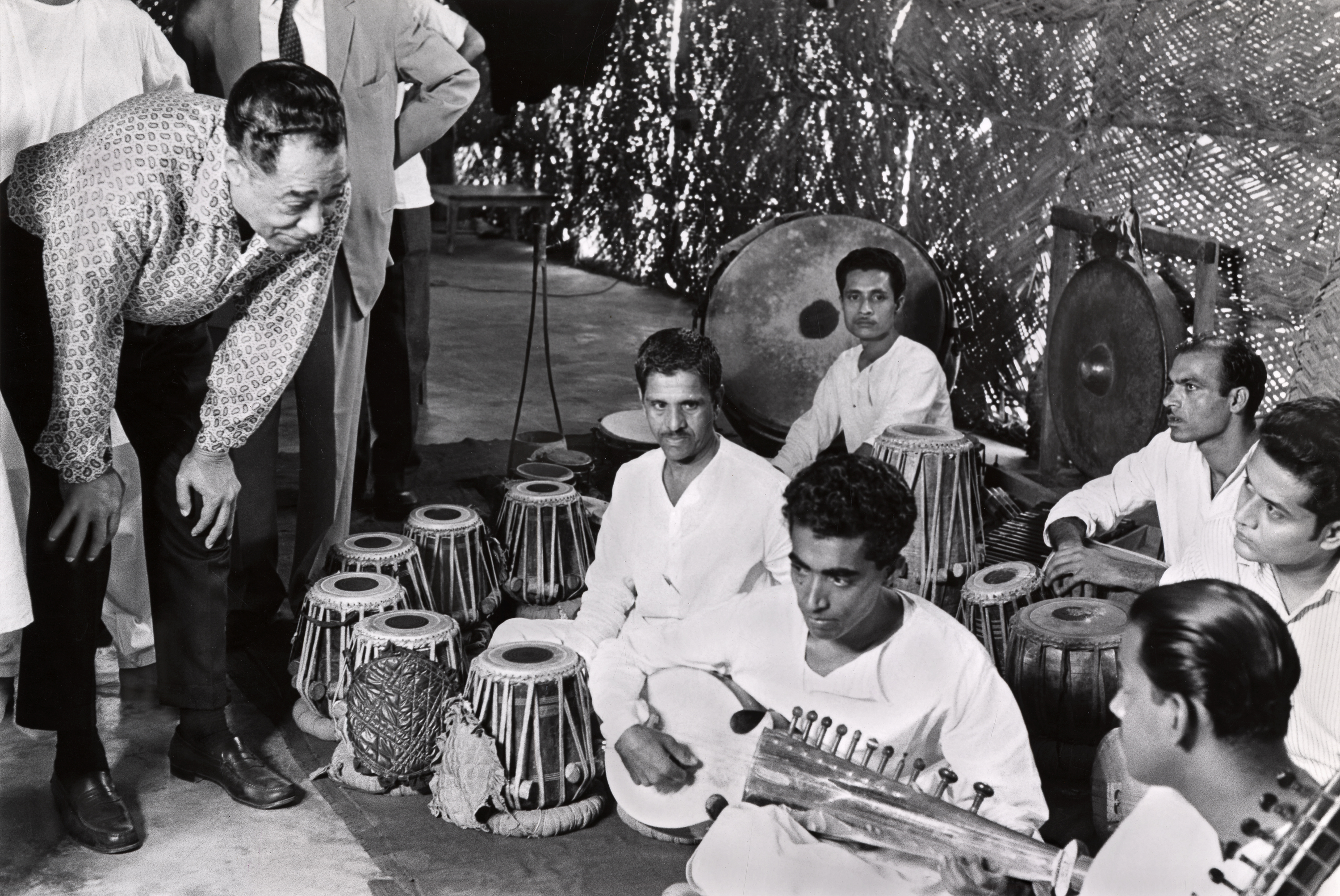Friday, third-year ethnomusicology student Miles Freeman will be paying ““ and playing ““ a tribute to one of his inspirations, a man he describes as the “American Mozart.”
Freeman will be among the musicians who will transform the usual silence of the Fowler Museum into a birthday celebration for Edward Kennedy “Duke” Ellington, an influential composer, pianist and big band leader who played an important role in shaping the growth of jazz music in the United States.
“He’s one of the most important American composers, and people don’t give enough credit to what his music has done to this country,” Freeman said. “He did stuff that was a precursor to rap ““ he had spoken word in the late 1960s ““ he tried everything and made it his own.”
Student jazz combos will perform “Ellingtonia,” a repertoire of original music composed by Ellington and his contemporaries, including Billy Strayhorn, Johnny Hodges and Juan Tizol.
According to Bonnie Poon, manager of public programs at the Fowler Museum, the concert was planned in conjunction with one of the Fowler’s current exhibitions, “Jam Session: America’s Jazz Ambassadors Embrace the World.”
The exhibit features archival photographs and documents of jazz musicians, including Ellington, Dizzy Gillespie and Herbie Hancock, sent abroad by the U.S. State Department starting in the 1950s to act as cultural diplomats in countries such as India, Yugoslavia and Nigeria.
“The show addresses how jazz affected the people in these countries, and in turn, how musicians were affected through their music,” Poon said.
The museum will be open until 7 p.m. to allow visitors a chance to view the exhibit before the celebration, granting the musical experience a fuller historical context.
When ethnomusicology Professor Kenny Burrell looks through these photographs, the faces are not distant relics but rather familiar reminders of his own past.
As a jazz guitarist, Burrell played and recorded with many of the cultural ambassadors and jazz figures, from Miles Davis to Louis Armstrong to Ellington himself. He noted the exhibit’s social and political significance.
“(The exhibit) shows how jazz has been used as a diplomatic tool to create harmony among people,” Burrell said.
Through Burrell, Ellington’s music and the history of jazz extend beyond the museum archives and enter the lives of students. In the 1970s, Burrell began teaching the first American college course on Ellington, a combination that Freeman said was a wonderful opportunity to learn about jazz from someone who was a part of its evolution.
“Duke Ellington actually said that Kenny (Burrell) was his favorite guitar player,” Freeman said. “It’s really incredible because you see him walking around in Schoenberg, and you don’t appreciate how much he influenced people, how many people he played with. He’s like our connection to the past.”
While Burrell said he did not perform with Ellington on a regular basis, he recalled Ellington as being a very focused, serious musician with a wide sonic vision.
“He did such a wide variety of things, musically speaking, that I think is incomparable,” Burrell said. “I and many other people stand in deep respect and love for what he did.”
“I think Duke would be happy to see that his music lives on,” Freeman said, adding that he will feel honored to play in the student combo.
The concert will celebrate what would have been Ellington’s 112th birthday, which also means that there will be cake for everyone who comes.
